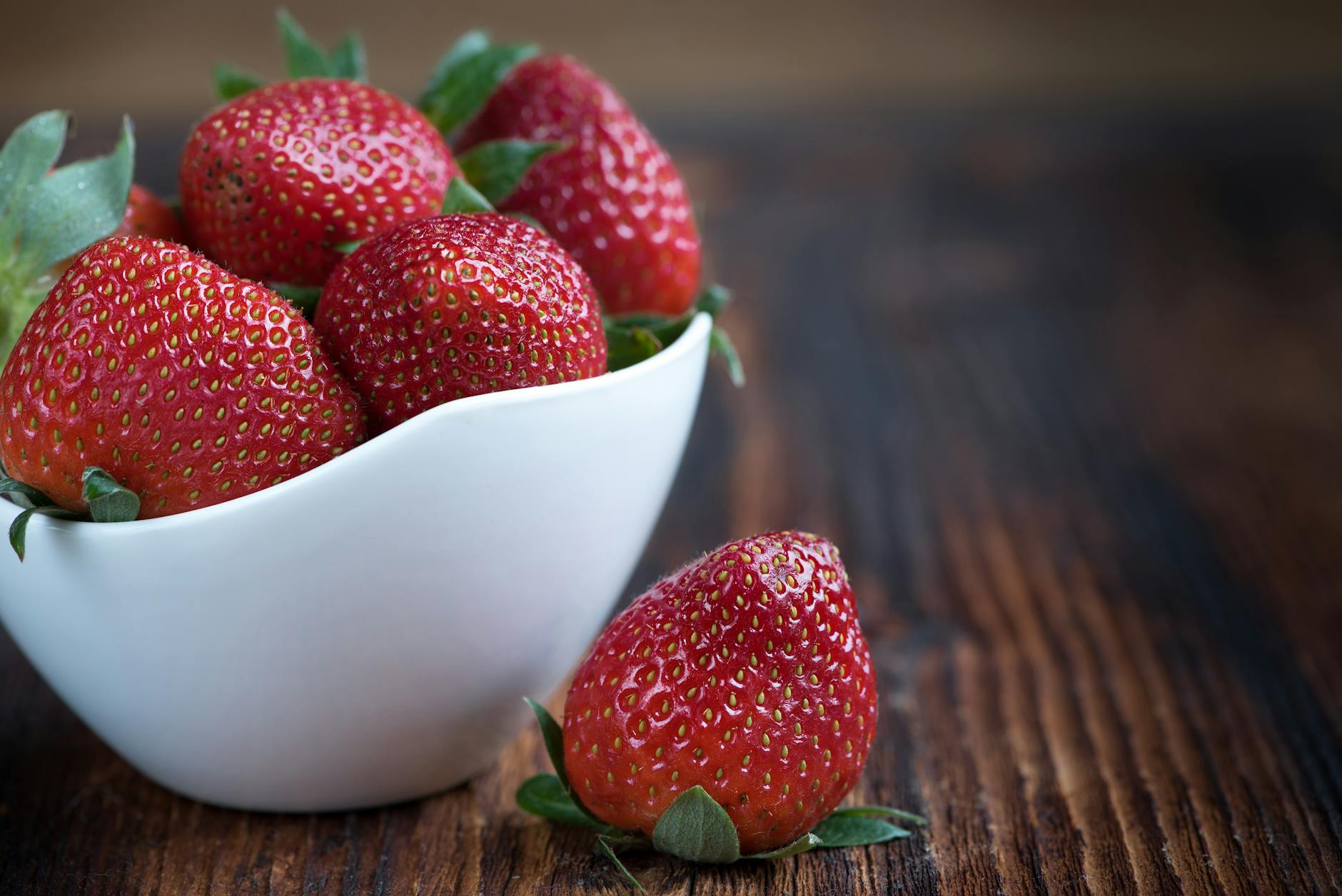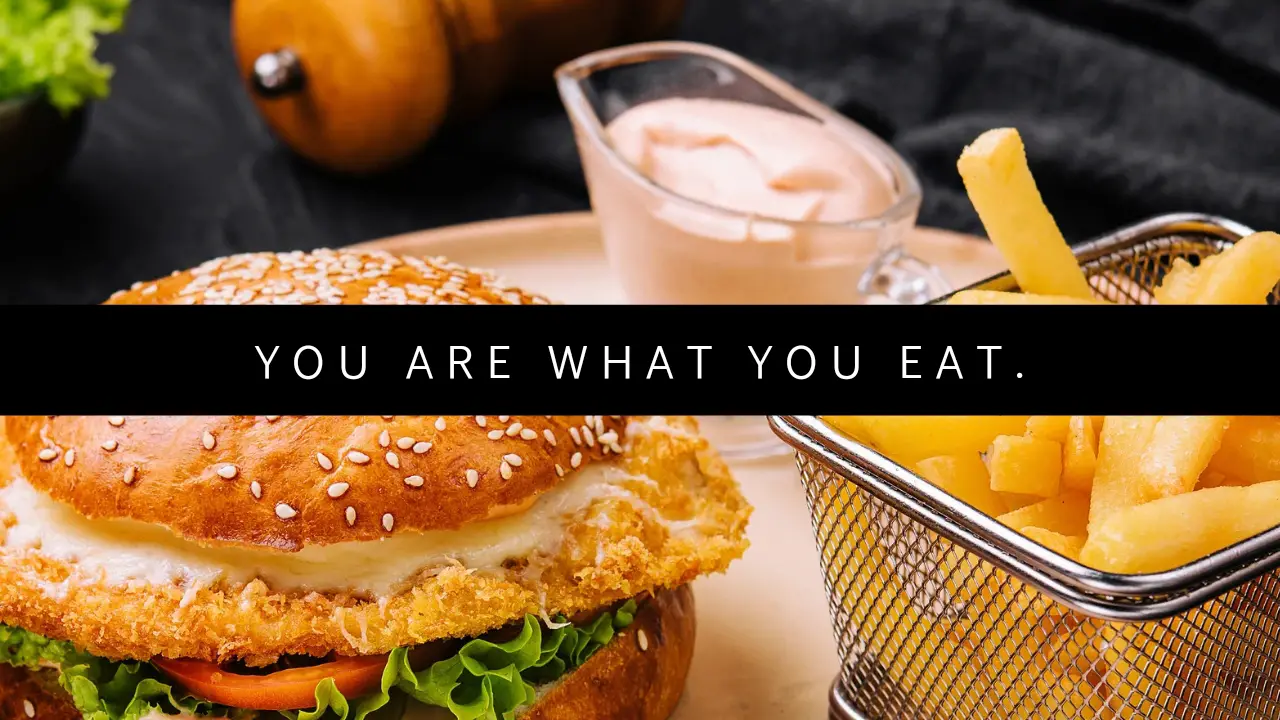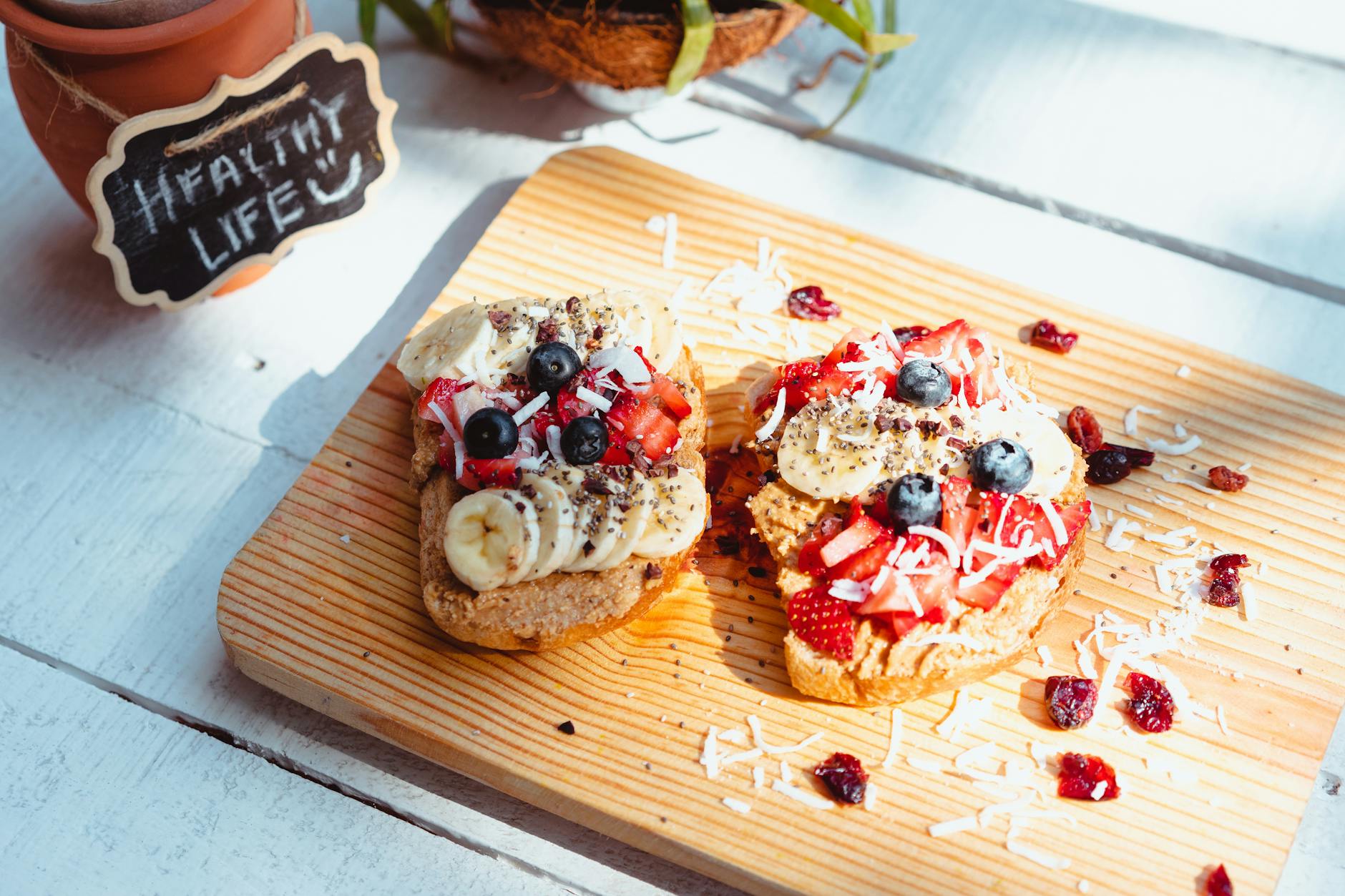Living with diabetes can be challenging, especially when it comes to snacking. Many popular snack options are high in sugar and carbohydrates, which can cause spikes in blood sugar levels. However, making informed choices and selecting diabetic-friendly snacks is crucial in controlling blood glucose levels throughout the day.
With your goal being to keep the blood sugar level under control as much as possible and prevent the effects of uncontrolled diabetes, you not only need to worry about which snacks to but also what is the best way to prepare or even preserve these snacks.
There is a variety of delicious and nutritious snacks that can help meet the dietary needs of individuals with diabetes. These snacks not only satisfy cravings but also prevent spikes in blood sugar, provide a steady source of energy, and contribute to overall well-being.
A diabetic individual is always advised to eat small frequent meals, three main meals, and a healthy snack in between these main meals.
This is what will help keep the blood sugar level in check by preventing sudden spikes of the sugar level, hyperglycemia, or glucose level going too low hypoglycemia.
The most important factors to consider when selecting snacks are:
- Dietary Fibre
- The protein contents
- Which fat
To have good control of your blood glucose level, you may need to choose snacks that are;
- High in fibre, the fibre helps as it increases satiety, therefore the uptake of glucose happens slowly.
- Snacks that are high in healthy proteins and not high in carbohydrates.
- Snacks with healthy fats, especially unsaturated fats and less saturated fats.
Here are some of the snacks that are highly recommended;
- Fresh Fruit: Opt for fruits with lower glycemic index such as berries, apples, pears, and citrus fruits. Pair them with a source of protein or healthy fat, like a handful of nuts or a piece of cheese, to slow down the absorption of sugars.
- Vegetable Sticks : Carrot sticks, cucumber slices, bell pepper strips, and cherry tomatoes paired with hummus or guacamole make a tasty and nutritious snack rich in fiber and healthy fats.
- Greek Yogurt: Choose plain, unsweetened Greek yogurt and add flavor with fresh fruit or a drizzle of honey in moderation. Greek yogurt is high in protein and can help keep you feeling full.
- Nuts and Seeds: Almonds, walnuts, pistachios, and pumpkin seeds are excellent choices. They provide healthy fats, protein, and fiber, which can help stabilize blood sugar levels.
- Hard-Boiled Eggs: Eggs are a great source of protein and healthy fats. They’re also low in carbohydrates, making them an ideal snack for managing blood sugar. Boiling your eggs means you are not introducing more fat but you will still get the proteins in sufficient amounts.
- Whole Grain Crackers with Cheese: Opt for whole grain crackers with low added sugars and pair them with cheese for a satisfying and balanced snack that combines carbohydrates, protein, and fats.
- Popcorn: Air-popped popcorn is a whole grain snack that’s low in calories and high in fiber. Just be mindful of portion sizes and avoid adding excessive amounts of butter or salt.
- Cottage Cheese: Cottage cheese is high in protein and low in carbohydrates, making it a great snack option for diabetes management. You can add fresh fruit or nuts for extra flavor and nutrients.
Fruits
What fruits have you stopped eating ever since you got diagnosed with diabetes? The question here should be, which fruits and how much of these fruits are you taking?
There are numerous reasons why you should never neglect fruits, talk about;
- Fibre
- Vitamins
- Minerals
- Powerful phytochemicals
Understanding the glycemic index of fruits is indeed essential for individuals with diabetes to make informed choices.
Selecting fruits with a lower glycemic index, such as apples, berries, and avocados, can help prevent rapid spikes in blood sugar levels. Pairing fruits with protein or healthy fats can further slow down the absorption of sugars and contribute to better blood sugar control.
Whole fruits contain fiber, which helps regulate blood sugar levels and promotes feelings of fullness, while fruit juices lack this fiber and can cause blood sugar levels to spike more quickly.
Prioritize nutrient-dense foods like vegetables and fruits over processed foods high in sugar. It’s all about balance and making informed choices to manage diabetes effectively while still enjoying a variety of foods.
Portion control involves;
- 5 servings of fruits the whole day
- 1 serving is a medium-sized fruit, the size of your fist.
- For larger fruits, you will need to divide them into smaller
pieces and eat them over time. - You can still enjoy fruits even when diabetes.
Why not bread?
While managing diabetes involves being mindful of certain foods and their impact on blood sugar levels, it doesn’t have to be overly restrictive or complicated. Understanding the glycemic index and nutritional content of foods like bread can help individuals make informed choices that support their health goals.
Opting for whole grain bread, like brown bread, provides more nutrients and fiber compared to white bread, which undergoes significant processing and may lack essential nutrients. Being aware of deceptive marketing tactics, such as adding brown color to white bread, is important for making the right choices.
With so many nutritious snack options available, individuals with diabetes have the flexibility to choose foods that fit their preferences and dietary needs while supporting their overall health. Being vigilant and informed about food choices empowers individuals to make the best decisions for their well-being
Discover more from Simple Nutrition
Subscribe to get the latest posts sent to your email.


